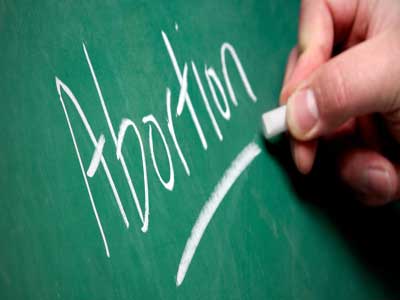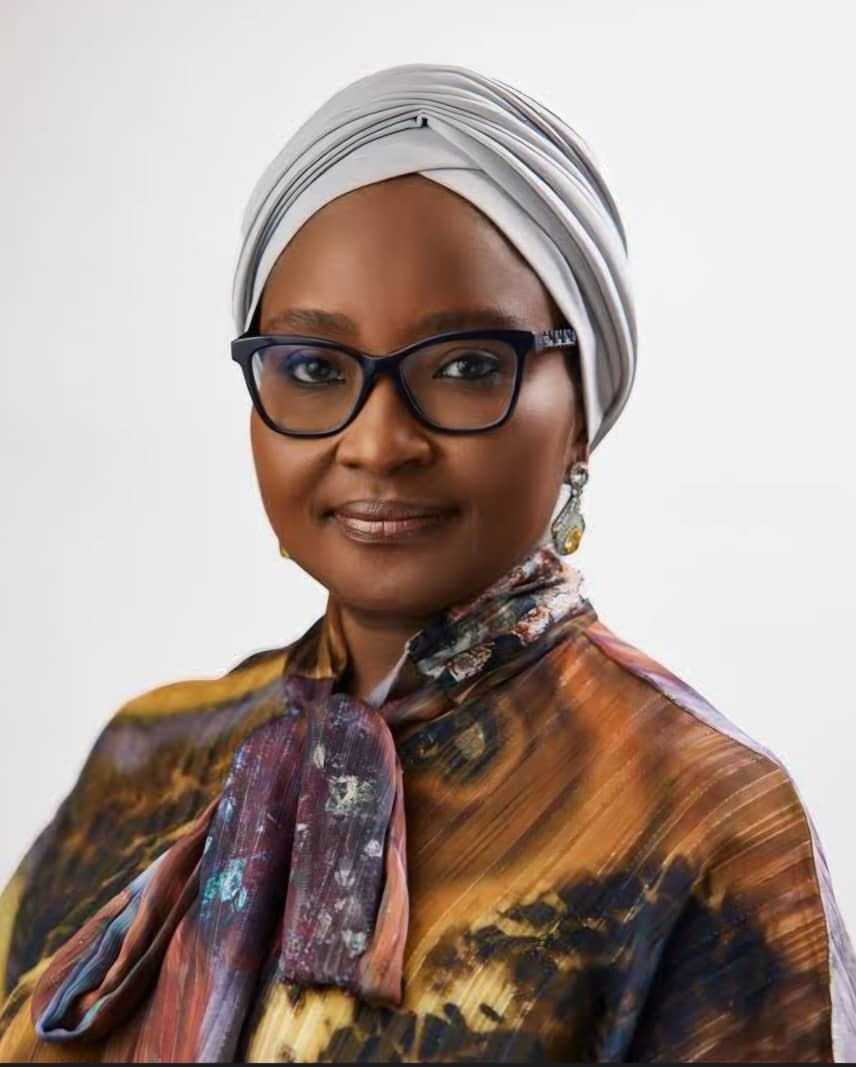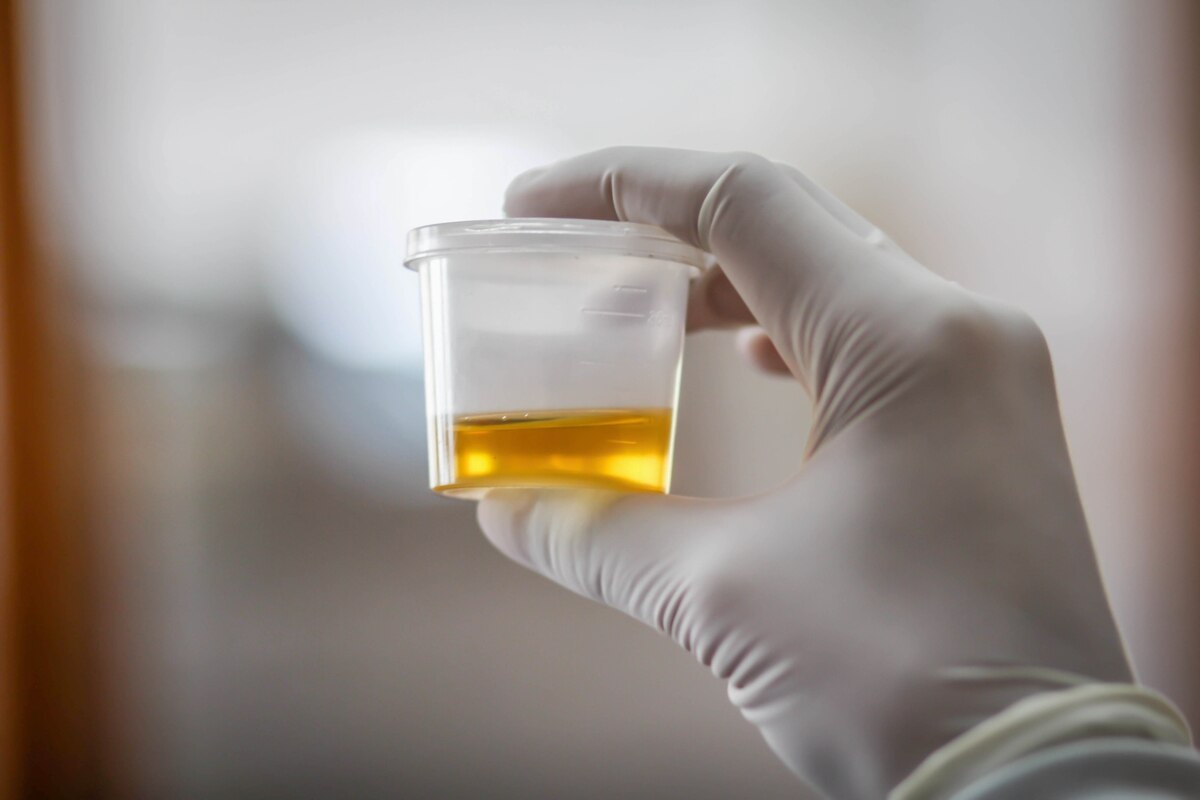The Director-General of the National Agency for Food and Drug Administration and Control (NAFDAC), Prof. Mojisola Adeyeye, has said Nigeria now has the capacity to manufacture its own vaccines, following major regulatory reforms within the agency.
Adeyeye made this known in a statement issued on Sunday by the Resident Media Consultant to NAFDAC, Sayo Akintola.
She called on pharmaceutical manufacturers in the country to take urgent investment decisions that would make local vaccine production a reality.
The NAFDAC boss said Nigeria must not wait for another pandemic before becoming fully prepared, recalling how the country depended on international donors for survival during the COVID-19 crisis.
“We must decide as a country that we will not be too dependent on others. We will manufacture our own,” she said.
Adeyeye explained that the agency had strengthened its regulatory system for vaccines, biologics, and medical devices through a restructuring process that aligned with international best practices.
According to her, NAFDAC achieved Maturity Level 3 (ML3) in 2022 for medicines and imported vaccines, a status granted by the World Health Organisation (WHO) to confirm a country’s regulatory competence.
“When I came to NAFDAC, we had the Registration and Regulatory Affairs Directorate, which was in charge of all regulated products. One director overseeing seven regulated products will not achieve the necessary efficiency,” she said.
To improve efficiency, Adeyeye said the agency created a separate Directorate of Vaccines, Biologics, and Medical Devices in November 2024 after approval from the Head of Service of the Federation.
She added that NAFDAC’s goal was to reach Maturity Level 3 for locally manufactured vaccines, noting that WHO had already assessed the agency’s readiness for vaccine lot release and oversight.
“We are working towards getting our ML3 for locally manufactured vaccines. We already have ML3 for medicines and imported vaccines since 2022. WHO came last year; they saw everything that we have as a regulatory agency on indicators for vaccine lot release; we have almost satisfied everything, except that the country must manufacture vaccines, because it’s when we manufacture vaccines that we can do local facility inspections,” she said.
Adeyeye said the agency had developed clear guidelines for emergency preparedness against epidemics and pandemics, stressing that local vaccine production was essential to national security.
She further expressed optimism that the country could begin vaccine production in phases, starting with “fill and finish” operations before progressing to full-scale manufacturing.
“We have the capability to manufacture vaccines. The country can start with ‘fill and finish’ while planning on the greenfield. We have sound scientists. We have our President, Bola Ahmed Tinubu, GCFR, who is encouraging local manufacturing as part of the Renewed Hope Agenda. Now is the time to get it done,” she said.
Also speaking, Director of Vaccines, Biologics, and Medical Devices, Mrs Khadijah Ade-Abolade, said the Federal Government had created policies and provided support to ensure that local vaccine production begins soon.
She said all necessary regulatory systems were already in place, including market authorisation, clinical trial oversight, inspection, post-market surveillance, and pharmacovigilance.
“The regulatory system for local vaccine manufacture is already well established in the country. We are just waiting for the manufacturing operations to start by the manufacturers,” she said.
Adeyeye added that NAFDAC remains the only national regulatory agency in sub-Saharan Africa with an in-house laboratory for vaccines, biologics, and medical devices.
“The South African Health Products Regulatory Authority has a laboratory for vaccines but contracted it out to private operators,” she noted.
The NAFDAC DG said the agency’s restructuring and continuous improvement had positioned Nigeria to join the ranks of countries capable of producing their own human vaccines.






